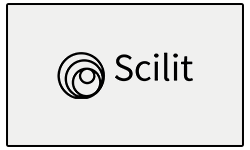Power in The Sun: An Evaluation of The Economic Effects of Russian-Africa Relations Within A Decade
Abstract
Bulent ACMA and Paul Kwachuh TEKANG
In an era of immense geopolitics where a win by one superpower is viewed as a lost for the other, especially with the Russian [China, Iran, North Korea] vs Ukrainian [US, Canada/West] with neutral states mostly from Africa, Turkiye, watching. The continent of Africa is a haven of political clout accompanied by its shrewd area with immense foreign appetite from foreign powers among which is the Russian Federation [the defunct Union of Soviet Socialist Republic, USSR]. The need for economic, political, and military interest has culminated to Moscow’s ties with the continent within a decade especially with her war against [Ukraine+West]. The holding of 1st and 2nd Russia-Africa Summits in Sochi (2019) and Saint Petersburg (2023) is an indication of closer ties with wide agreements signed. Despite the broadening of relations on a multilateral front between Russia and many African states, many western critics have described these relations as ‘wolfish’ just like that of the French. The motive of this article is to map the economic effects of Russo-Africa relations on Africa in the 21st Century within a decade. The paper adopts a historical approach and data generated are from secondary sources. The theoretical yardstick adopted by the article is that of Constructivism which highlights these relations from the 2000s. The paper concludes that Moscow’s economic engagement in the continent is minimal as compared to economic impact of Western rivals, and Russia trades more with the West prior to the outbreak of the Russia-Ukrainian standoff. However, with full commitment on mutual-trust on both sides, positive economic effects will accrue from these relations in future especially after the ‘Special Russian Military Operation’.




